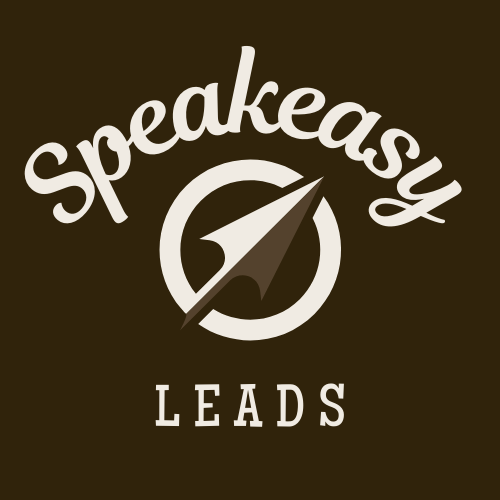Navigating the competitive realm of the life insurance industry hinges on acquiring quality leads. Yet, agents confront the dilemma of exclusive versus shared leads, each with its own merits and drawbacks. Understanding these nuances is pivotal for informed decisions that profoundly impact business efficacy and profitability.
Exclusive Leads: Premium Opportunity
Exclusive leads denote prospects generated solely for a single agent or agency, ensuring no competition from other agents.
Advantages:
- Higher Conversion Rates: Exclusive attention often translates to heightened conversion rates.
- Enhanced Quality: Generated through targeted efforts, these leads boast higher quality.
- Personalized Approach: Tailor-made interactions foster trust and rapport.
- Greater Control: Agents manage these leads strategically and efficiently.
- Long-Term Relationships: Focus on exclusivity nurtures enduring client relationships.
Shared Leads: Cost-Effective but Competitive
Sold to multiple agents, shared leads offer a cost-effective option with a competitive edge.
Advantages:
- Cost-Effectiveness: Budget-friendly option dividing costs among multiple agents.
- Wider Reach: Access to a diverse pool of prospects increases chances of finding buyers.
- Variety of Options: Flexibility to select from a diverse range of prospects.
- Immediate Availability: Quick expansion without extensive lead generation efforts.
Considerations:
Agents must align their business goals, budget constraints, and target market when choosing between exclusive and shared leads. While exclusivity promises higher conversion rates and control, it comes at a premium price. Shared leads offer a cost-effective solution but entail heightened competition and potentially lower conversion rates.
Ultimately, agents must weigh the pros and cons of each option against their specific business objectives to optimize success in the competitive life insurance market.





